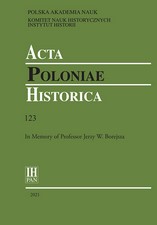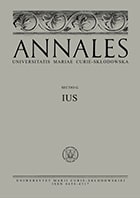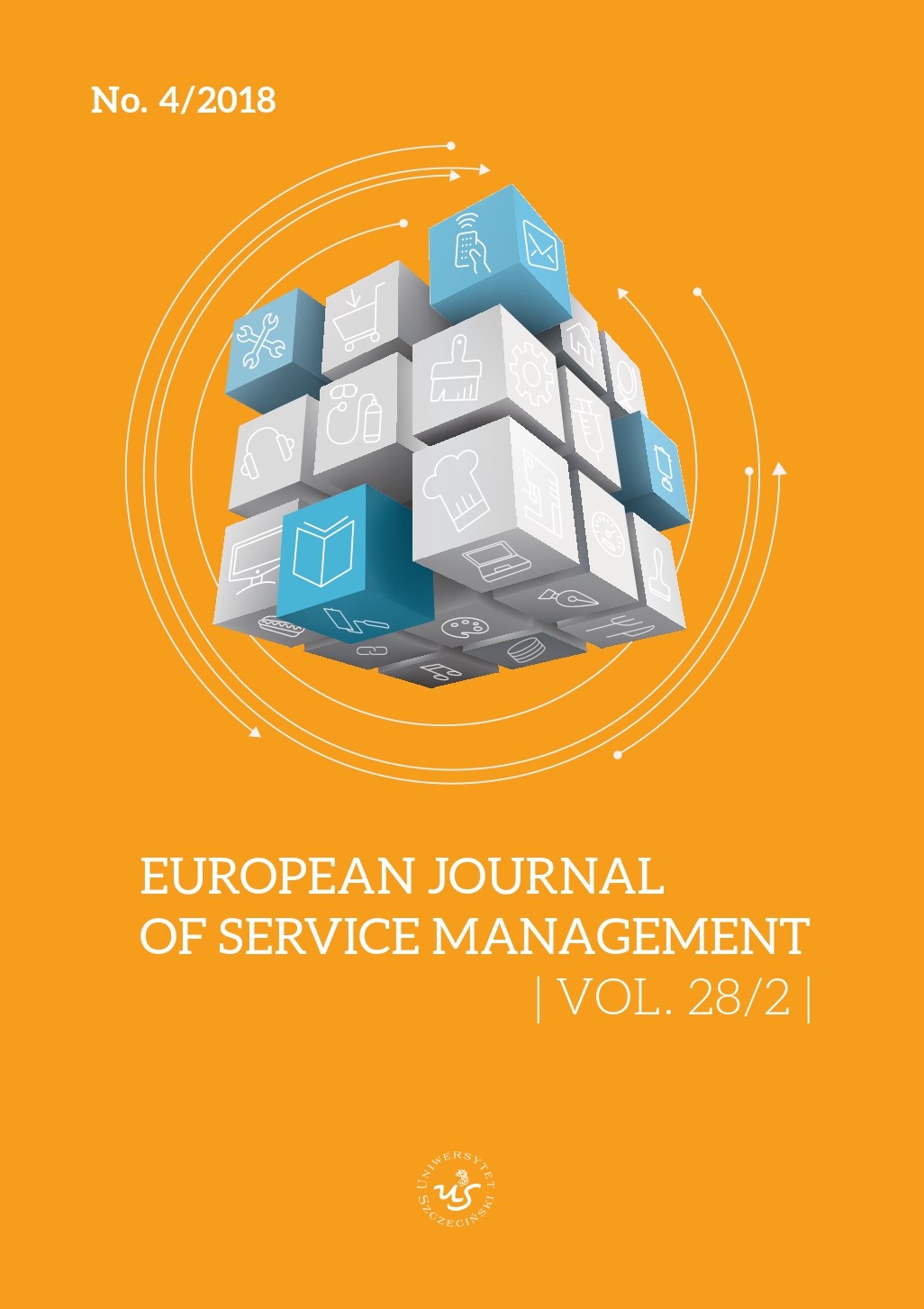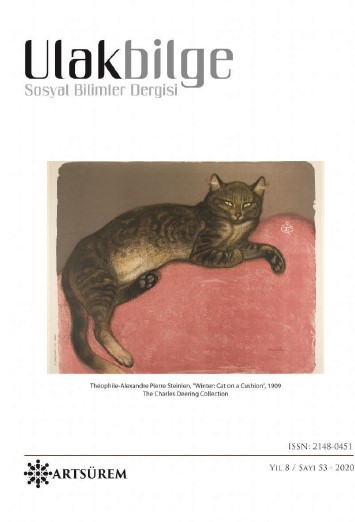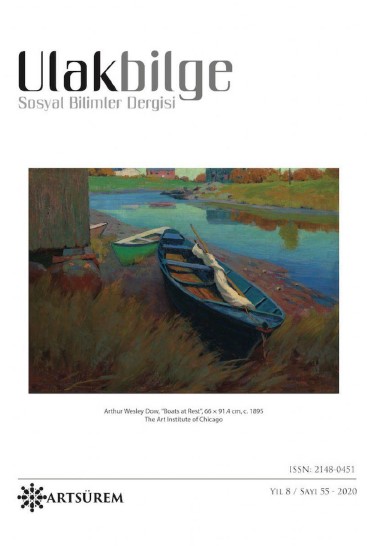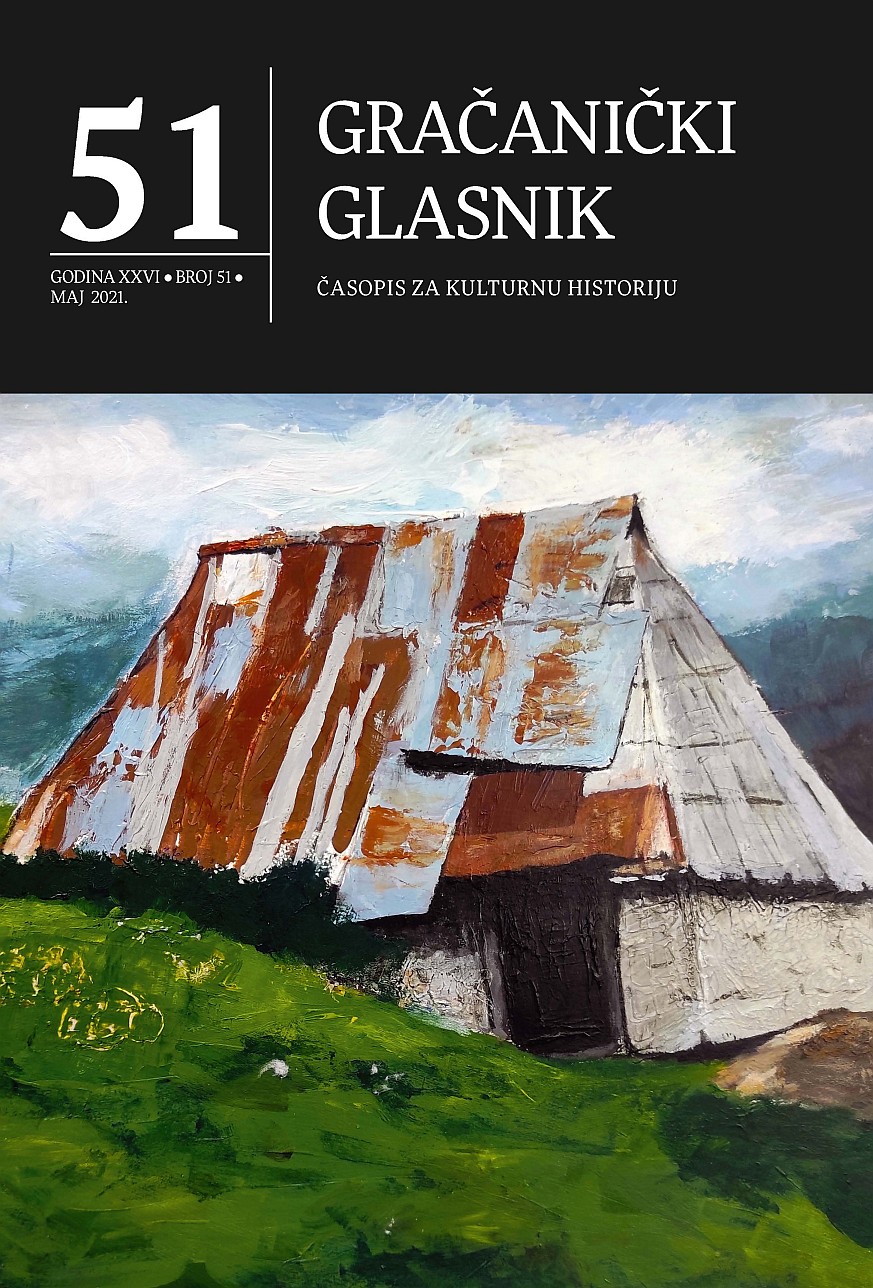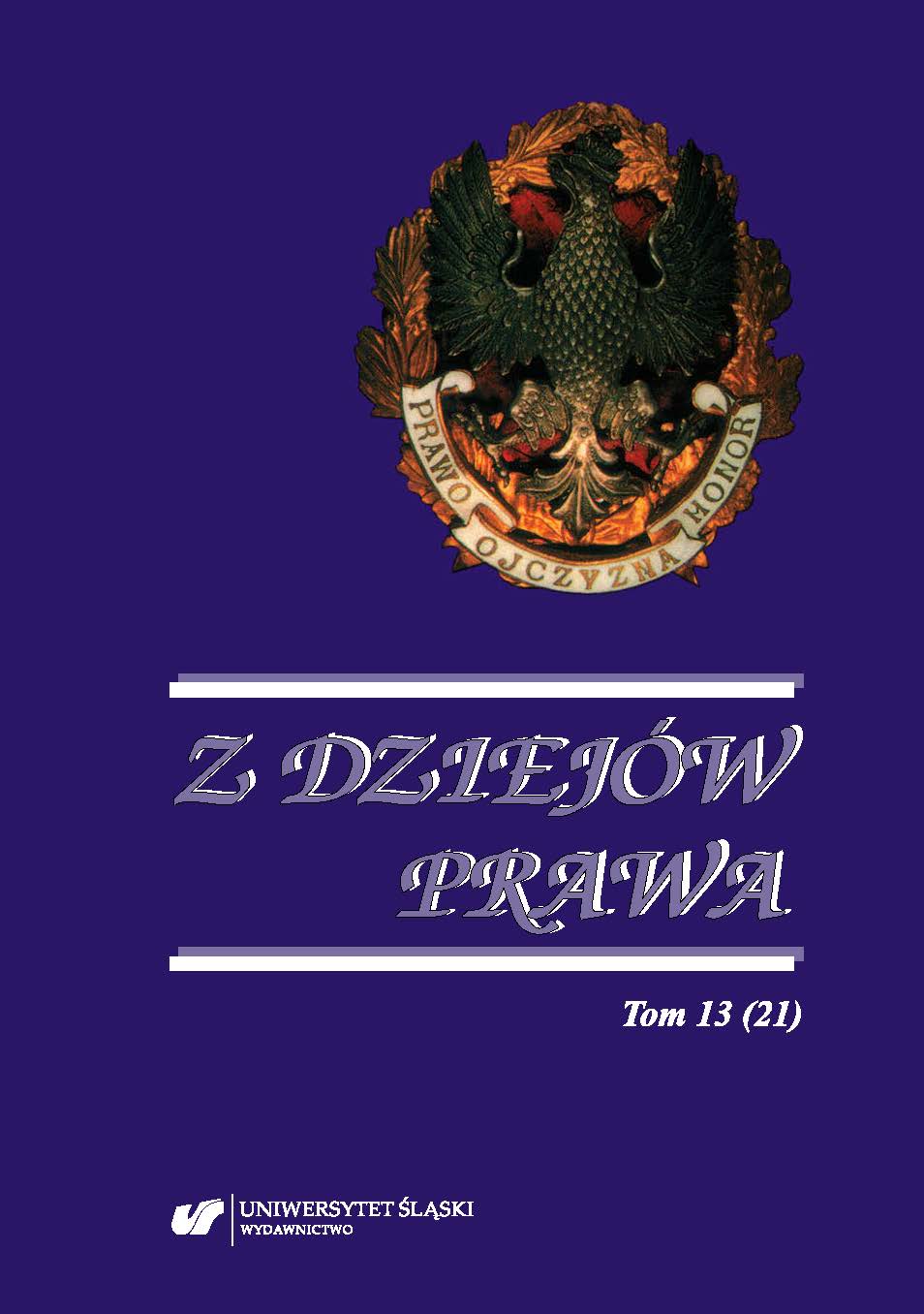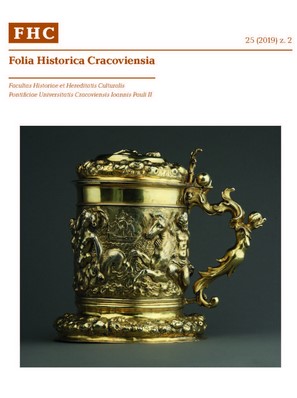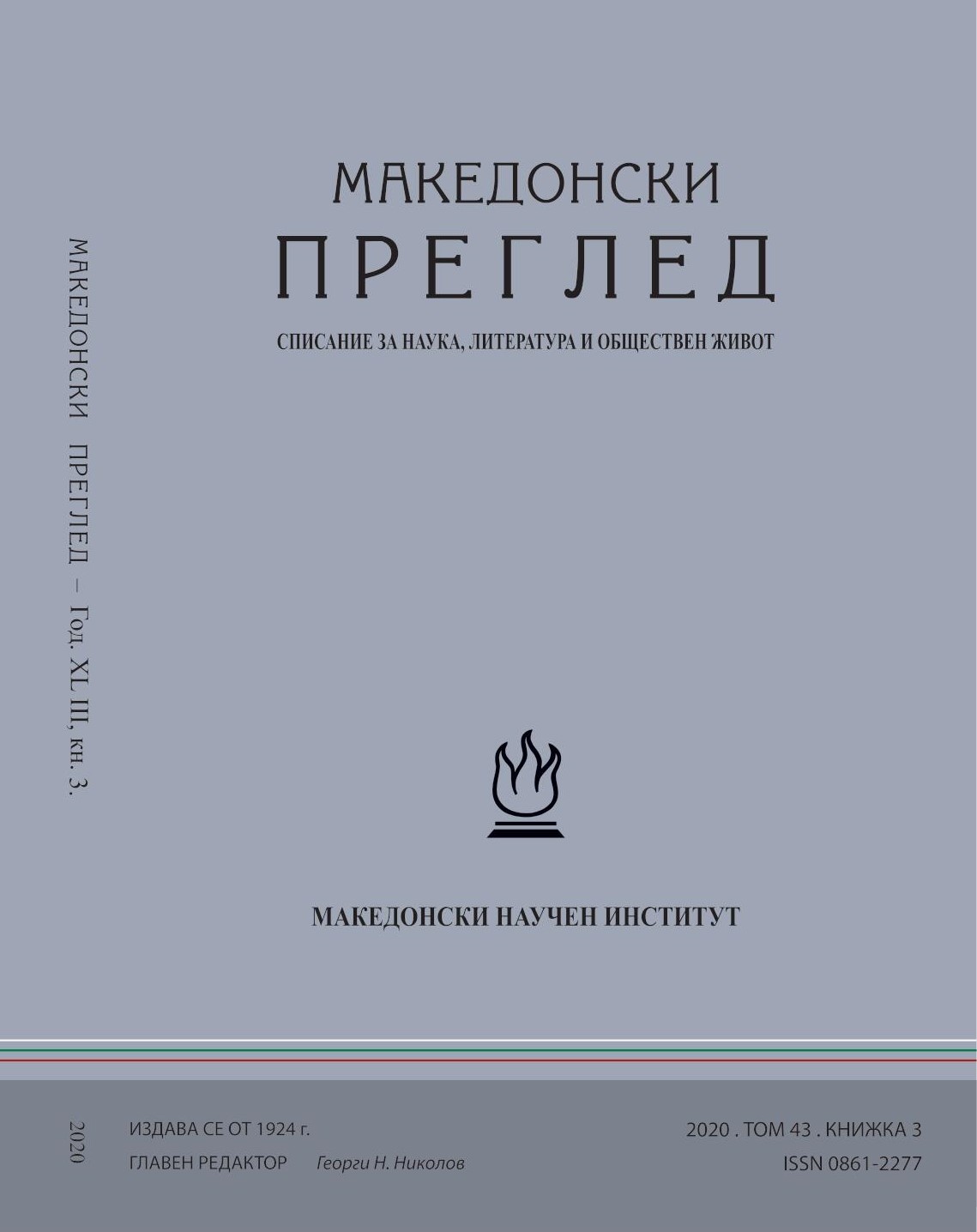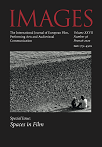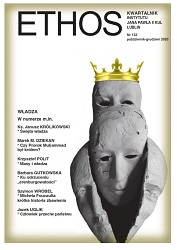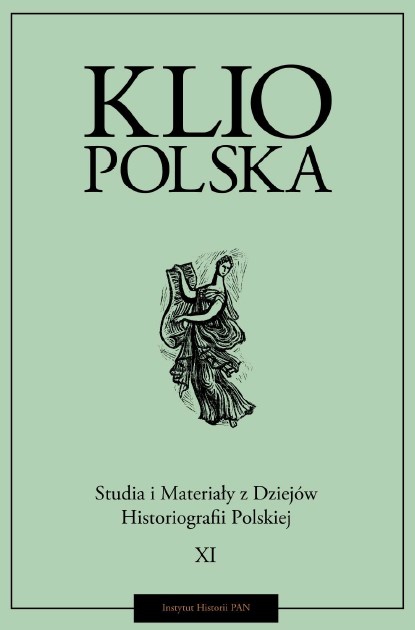Author(s): Salkan Užičanin / Language(s): Bosnian
Issue: 51/2021
Life in the countryside was hard and arduous. To ensure his existence, the peasant had to work from morning to evening for most of the year. Despite great physical effort, he failed to ensure a decent life and a surplus in the household budget. The reasons for the low standard of living were the ignorance of the population, the cultivation of the land in the most primitive way, poor communication due to which the delivery of products to the market in the town was difficult, and the lack of agricultural loan. The small land holdings to which the rural family was attached could not ensure its existence. Agricultural production could not reach its consumer needs. Everything the peasant could sell was cheap, and what he bought was expensive. The everyday life of a rural family was reduced to meeting the needs of life, i.e., the production of items for its own consumption, thus ensuring their existence, more in exchange with nature than in traffic with society. However, to pay the mortgage and taxes, to procure salt, coffee, sugar, kerosene, matches and other industrial goods, the rural family needed cash, which it provided by selling small harvest, fat, eggs and young cattle at the expense of its own food, which all reflected on style and quality of its life. Poor nutrition in the countryside has affected the weakening of the immune system, as well as lack of water and lack of basic hygiene products (soap, detergent, etc.). The size of the house, its interior equipment and the organization of the space speak best about the living conditions. General poverty, frequent infertility, unhygienic housing conditions, illiteracy, hard work and many other factors of life in the countryside were matched by health conditions. The population did not follow fashion trends. The style of dressing was simple. Old traditional costumes worn at that time were monolithic for all ages.
More...
